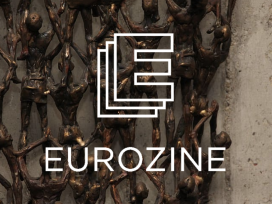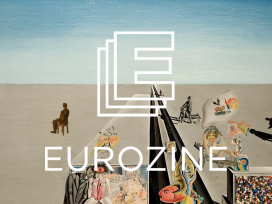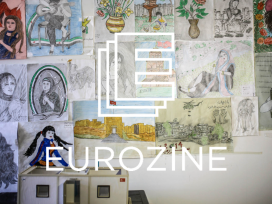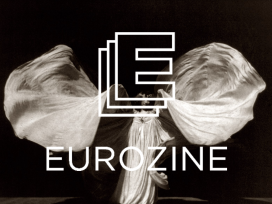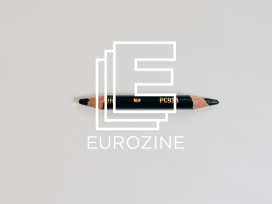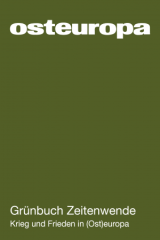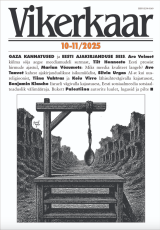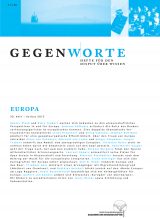Eurozine Editorial
Unsigned articles (News Items, Editorials, Introductions etc) are written by the Eurozine editors. See the about us section for more information.
Articles
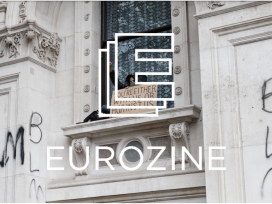
The US has no monopoly on under-serving and over-policing minorities. Police brutality is reported from the French suburbs to the Bulgarian countryside, and neo-Nazi resurgence is threatening European Roma in Hungary and Ukraine. Europeans must not wait for another horrific murder to draw attention to our own systemic racism.
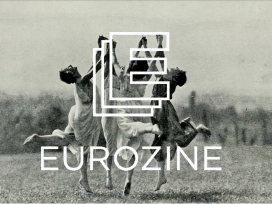
Prized possessions
Ágnes Heller, Krzysztof Michalski, Miriam Rasch and the wisdom we borrow
Dataism is the new positivism, promising to make humans more effective. But we’ve seen horrific attempts at perfecting humans before. Instead, we need a better understanding of differences, and the wisdom that lies in the love of life.

Decades of cuts to public health are now exposed as the spread of the coronavirus overwhelms the system. Europe has been lucky to observe hurricanes, floods and plagues of the past decades from afar, but geography or wealth doesn’t safeguard us from epidemics. How we treat our least powerful now will be telling about what we can hope for.
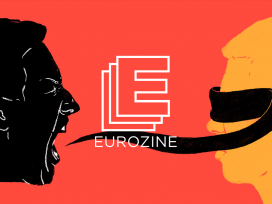
Thinking about ‘what to do’ about disinformation means understanding information’s positive quality as a public good. Abandoning a purely reactive strategy will stand democracies in better stead. Contributions to the new Eurozine focal point ‘Information: A public good’ reflect this way of thinking.
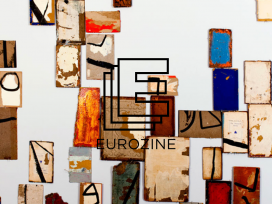
The illiberal backlash cannot be sanitized through conventional political morality: liberal democracy must redefine itself in order to win back credibility. Literature and literary debate are not necessarily where that process will start. But if they succumb to dogmatism, it is hard to see where else free thought will flourish.

Revolutions and repercussions
The 2010s in 10 articles
This decade brought us revolutions, crises and strong backlashes too. But although it’s easy for authoritarians to prey on societies in turmoil, the popular demand for equality and a liveable future do not dissolve, even under tyranny.

The current crop of clowns
The joker, the trickster and the prankster
A vaudeville figure has been reinstated to lead Britain through Brexit, while in the US a reality-tv star is being impeached for trying to blackmail a comedian in Ukraine. Comedy seems to have taken over the wheel in political leadership. But the quality of this entertainment varies greatly.

A ‘kulturkampf’ is visible in new authoritarians’ power struggles, from rewriting history curricula in Russia, through the politics of Islamization in Turkey, to the total offensive on museums and theatres in Hungary. The consistent misrepresentation of cultures is a less spectacular but equally important means of silencing certain voices. A selection of reads on how political powers hijack culture through its institutions.
